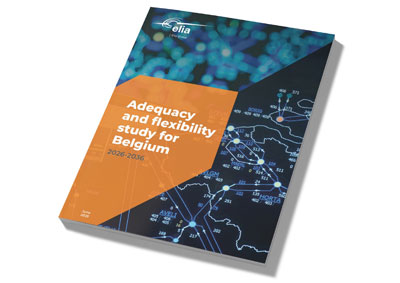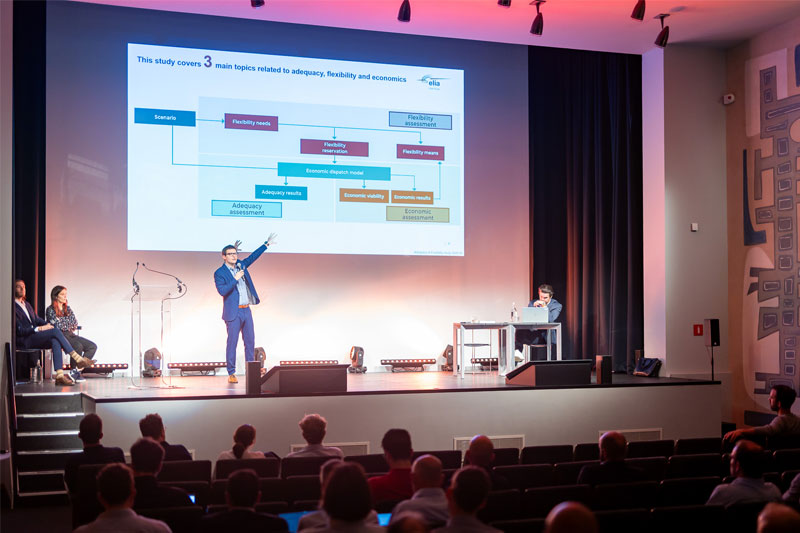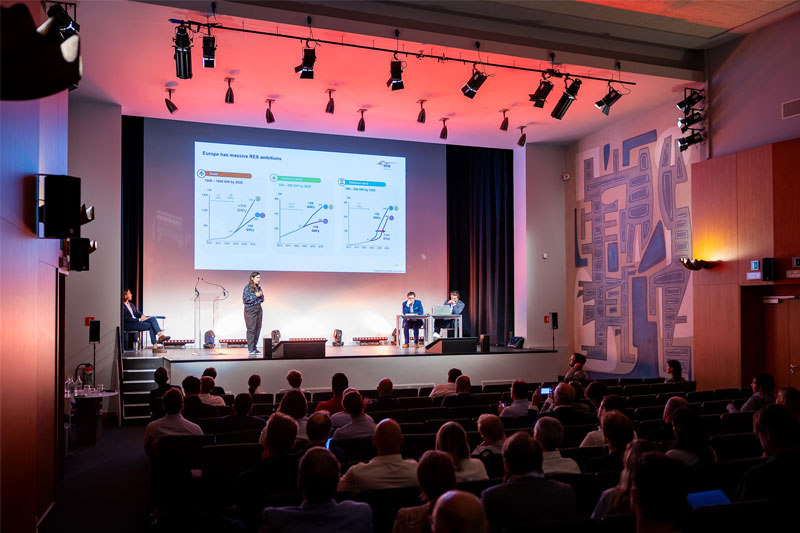27 June 2025
Key priorities from Belgium’s Adequacy and Flexibility Study 2026-2036: continued implementation of the CRM, accelerated development of flexibility and clarity on the long-term energy mix
KEY FINDINGS
- The rate at which electrification occurs in Belgium will push the level of demand beyond the level of available capacity from 2028 onwards. However, the capacity remuneration mechanism (CRM) remains a cornerstone of Belgium’s adequacy strategy: it keeps vital thermal capacity online while driving investment in new low-carbon assets.
- Flexibility is becoming critical on both the demand and supply side for managing increasing volatility and periods of oversupply. By unlocking end-user flexibility, a double win is created for consumers: lower system costs and lower electricity bills.
- To complement the capacity secured by the CRM and close the supply gap in the long-term, additional levers could be mobilised, such as the lifetime extension of nuclear units or the construction of new units; an increase in offshore wind capacity, cross-border interconnectors; or a structural reduction in demand.
"The facts are known, the levers have been identified, and there is political will to shape a long-term energy vision for our country. Delivering on this vision will require the continued implementation of the CRM, an acceleration of the development of flexibility - both on the demand and generation side - and greater clarity about long-term choices for the energy mix. Achieving this will require coordinated and sustained efforts from all actors: public authorities, regulators, grid operators, producers, market participants, industrial players, and citizens. We sincerely hope that this report will act as a meaningful contribution to the upcoming discussions that will be held about the shaping of Belgium’s future energy policy. Delivering on this collective commitment is now our shared priority.”
Frédéric Dunon, CEO of Elia Transmission Belgium

Elia Transmission Belgium
27 June 2025
Adequacy and flexibility study for Belgium (2026-2036)
To ensure that Belgium always has enough electricity to cover its consumption, Elia has released its fifth adequacy and flexibility study, which covers the period 2026–2036. ‘Adequacy’ and ‘flexibility’ are two key pillars that ensure the secure and reliable operation of any electricity system. Both are essential to maintaining a country’s security of supply.
Presse releases
-
Key priorities from Belgium’s Adequacy and Flexibility Study 2026-2036: continued implementation of the CRM, accelerated development of flexibility and clarity on the long-term energy mixPDF - 1.08 MB
-
Principales priorités selon l’étude 2026-2036 sur l’adéquation et la flexibilité en Belgique : poursuivre l’implémentation du CRM, accélérer le développement de la flexibilité et clarifier le mix énergétique à long termePDF - 1.2 MB
-
Kernpunten uit Belgiës Adequacy & Flexibility Study 2026-2036: verdere implementatie van het CRM, versnelde ontwikkeling van flexibiliteit en duidelijkheid over de energiemix op langetermijnPDF - 1.09 MB






